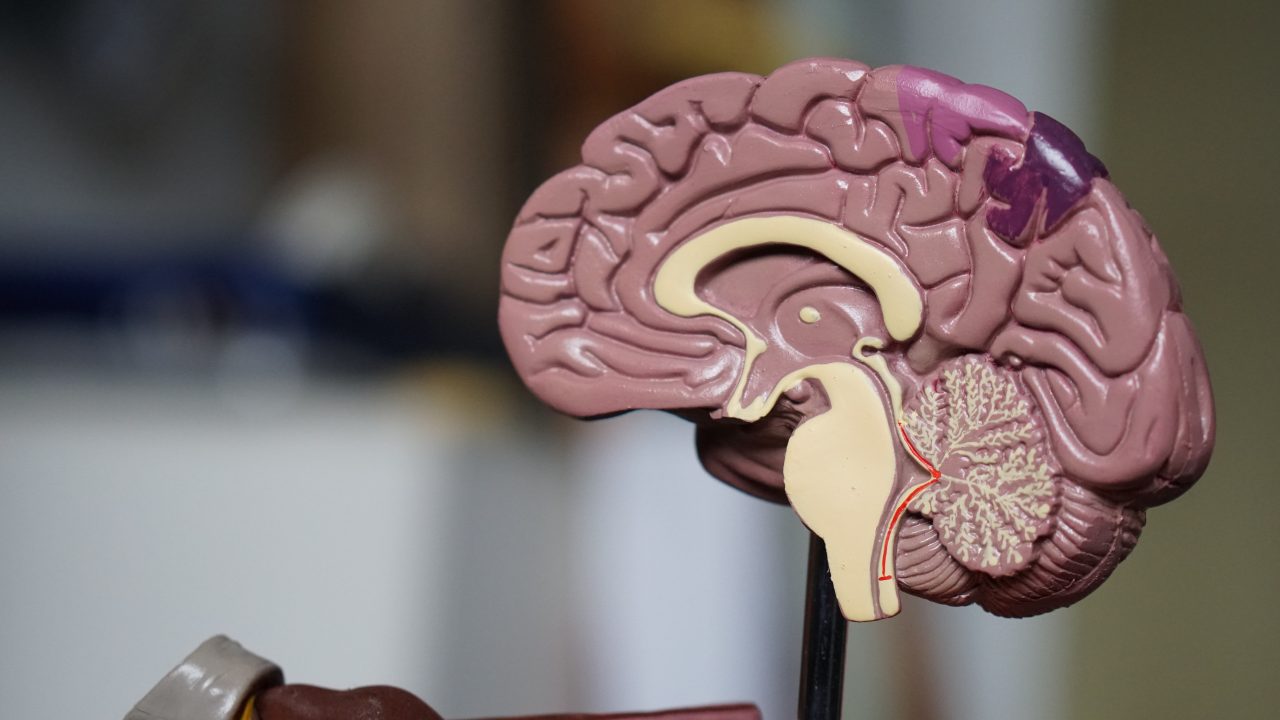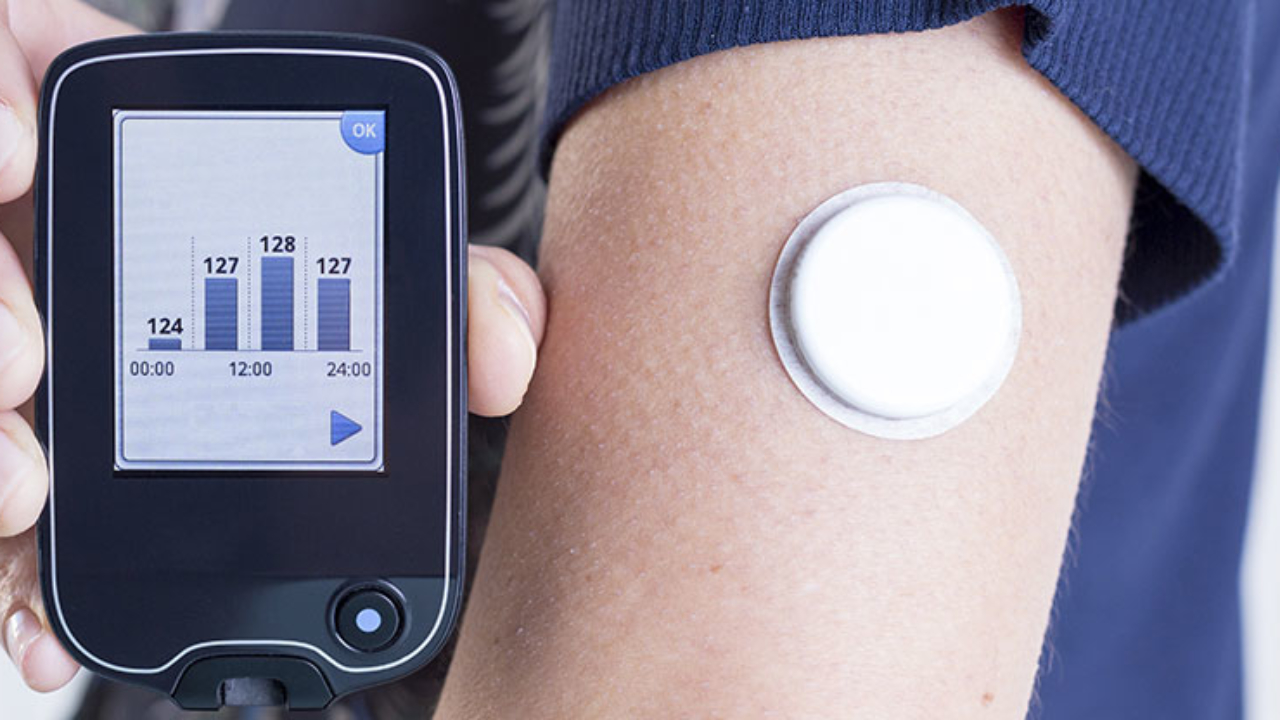Author :
Have you tried the keto diet and felt tired and sluggish instead of energetic and clear-minded? Did you struggle with getting your ketones high enough to stay in ketosis? How will your LDL cholesterol and triglyceride levels be impacted by being on a high-fat diet for an extended period of time?
Whether you’re just getting started on the keto diet or have been on the keto diet for a while now, this is the article for you. We believe it is essential to understand how your body may respond to high amounts of fat and where your genes may need added support on a ketogenic diet.
By studying epigenetics, we now understand the role genetics play in why we respond to specific foods a certain way and why the same diet may yield entirely different results across individuals.
For example, some may struggle with breaking down fats into ketones to use as energy. Others may need to reduce their saturated fat intake due to increased risks of plaquing, cardiovascular disease or stroke.
Having the data to navigate how your body may respond to a ketogenic diet can be incredibly beneficial to set yourself up for success and prevent the risk of developing unfavourable health outcomes later down the road.
This article will explore nine genes that impact your keto diet success and how you can personalize your keto diet to optimize your results.

The APOE gene is involved in making a protein that helps carry cholesterol and other types of fat in the bloodstream. In addition, it is believed that the APOE gene may influence the accumulation of a protein named amyloid beta, linked to an inherited form of heart disease, high cholesterol and Alzheimer’s disease.
dietPower Dietary Saturated Fat, dietPower LDL Cholesterol, brainPower Alzheimer’s, brainPower Concussion
Studies have shown cognitive improvements in those with Alzheimer’s disease when they go on a ketogenic diet. Individuals with Alzheimer’s disease have an impaired ability to use glucose as energy in their brain and, in contrast, are much more efficient at using ketones as energy instead.
However, it appears that the positive therapeutic effects of a ketogenic diet are weaker in those with APOE4 variations. Therefore, those with APOE4 variations may not reap the same benefits from a keto diet as those without the APOE4 alleles.

The FADS1 gene is responsible for the synthesis of omega-3 long-chain fatty acids.
dietPower Omega-3 Fatty Acid and dietPower HDL Cholesterol
Individuals with the FADS1 gene variant should be cautious with saturated fat intake. With reduced genetic function in converting saturated fats into unsaturated fats, a high saturated fat diet may lead to poor implications on metabolism, cholesterol level, triglycerides, inflammation and neurological health.

The FUT2 gene is related to gut microbiome health and enzyme levels in your gut lining that influence the concentration of B12 in your blood.
dietPower Vitamin B12, healthPower Methylation – FUT2
Low diversity of fruits and vegetables on a ketogenic diet may lead to poor microbiome health, which will affect how well fats are absorbed and B12 levels. On the other hand, low B12 levels can result in a potential buildup of fatty acids and triglycerides, leading to insulin resistance and abnormal blood lipid levels.

The PPARA gene mediates fatty acid oxidation, lipid metabolism, and glucose production for energy consumption.
fitPower Endurance, fitPower Oxygen Uptake
It affects your ability to use fats as fuel over carbohydrates, making it harder for you to enter and stay in ketosis.

The ACLS1 gene plays a vital role in saturated fat metabolism and triacylglycerol (TAG) synthesis.
dietPower Saturated Fat, dietPower Omega-3 Fatty Acid
May increase your chances of developing metabolic syndrome and insulin resistance on a high-fat diet, particularly with high saturated fat intake. Typical foods consumed on a keto diet, such as bacon/butter/coconut fat bombs/MCT oil, are high in saturated fat. However, polyunsaturated fats seem to have the opposite effect and exert a protective effect on metabolic syndrome.

The APOA2 gene plays a role in food cravings with higher carbohydrate, protein and saturated fats.
dietPower Dietary Saturated Fat
May impact your ability to lose weight, as well as your hunger hormone balance (ghrelin) in response to high saturated fat intake. In other words, you may end up gaining weight and experience an increased appetite on a high saturated fat diet.

The FTO gene encodes the fat mass and obesity-associated protein. Affects the hypothalamus region of the brain, which regulates appetite, energy intake and satiety. Associated with difficulty feeling full and risk of obesity.
dietPower Body Mass Index, dietPower Dietary Saturated Fat
You may feel hungry all the time and find it challenging to regulate the amount of food you’re consuming.

The TCF7L2 gene regulates blood glucose through insulin. Genetic variations are related to insulin resistance, the risk of developing type 2 diabetes, and increased obesity.
dietPower Insulin, dietPower Dietary Unsaturated Fat
Your body is more sensitive to carbohydrate intake. As a result, you may need to keep your carbohydrate intake extremely low to enter and maintain ketosis. You may also struggle with weight loss on a high-fat diet, as individuals with the TCF7L2 gene variation are observed to have lower body fat and BMI on a low-fat diet.

The MTHFD1 gene is responsible for folate metabolism and choline production.
dietPower Choline
Choline is a type of fat crucial for liver function. Without enough choline, the liver may become sluggish in processing the high amounts of fat on a ketogenic diet, eventually leading to a buildup of fatty acids in the liver, potentially developing into non-alcoholic fatty liver. Choline is also vital for gallbladder function, essential for efficient fat metabolism.
The keto diet offers many health benefits such as weight loss, improved metabolic markers and even brain-protective properties. However, there have been reports of adverse side effects from being on a keto diet long-term, such as raised LDL cholesterol levels. Despite this, others have maintained healthy blood lipid levels on a long-term ketogenic diet.
So, why do some thrive on the keto diet while others struggle even to enter ketosis?
As you can see, there are individual factors such as your genes that impact your keto diet success. We believe genetics play a significant role in how you may respond to different diets, particularly restrictive diets like the ketogenic diet.
DNA testing is a window into your unique body’s strengths, weaknesses and natural preferences for different diets. Use your personalized DNA data to make tailored and informed choices for your health. Understanding your genetic predispositions can set you up for the ultimate keto diet success by making minor yet impactful adjustments to your diet and lifestyle.